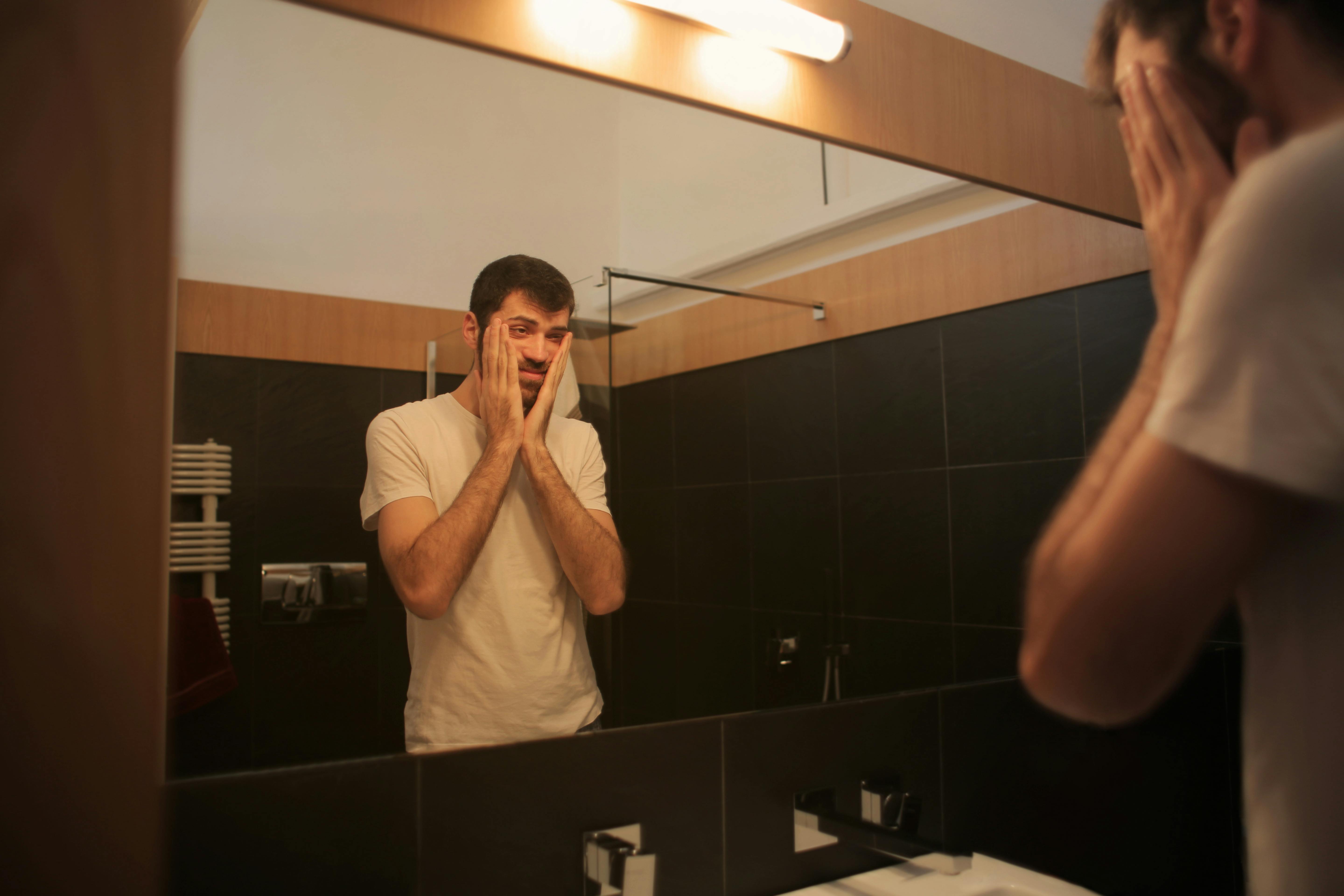Getting a good night’s sleep is essential to a healthy lifestyle. Unfortunately, according to the American Psychiatric Association, more than 50 million in the US have sleep disorders.
Poor sleep causes stress and clouds decision-making. Lack of sleep is also linked to chronic health problems like heart disease, diabetes, and obesity. Conversely, good sleep increases productivity, helps brain function, and reduces the risk of disease.
There is also a close relationship between sleep and mental health. Understanding what causes sleep disorders and how to treat them can improve sleep quality and lead to a better life. At Parinda Parikh MD PC we want to emphasize the importance of sleep and the role it plays in mental health.

What Causes Sleep Disorders:
A combination of different factors like genetics, irregular sleep schedule, medication, substance use, or imbalance of chemicals causes sleep disorders. Additionally, mental health conditions like anxiety, depression, paranoia, or mania can affect sleep quality. Lack of good sleep can also create a reinforcing cycle whereby poor sleep leads to worrying, and worrying leads to poor sleep.

Types of sleep disorders and how to treat them:
The most common sleep disorders that adversely affect sleep quality include insomnia, parasomnia, narcolepsy, circadian rhythm sleep disorder, and sleep apnea.
Insomnia deals with having trouble sleeping or staying asleep. It can be triggered by multiple factors such as stress, anxiety, depression, medication, bad eating or sleeping habits, etc. It is usually treated with sleep medication and behavioral techniques like cognitive behavioral therapy.
Parasomnia deals with abnormal behaviors during sleep, such as sleepwalking, talking, or eating. The individual is not aware of their surroundings even though they seem to be. Treating parasomnia begins with evaluating the sleep environment for triggers and making sure that the sleeping environment is safe. If necessary, medication can also be used to treat it.

Narcolepsy is a chronic sleep disorder characterized by daytime drowsiness and sudden attacks of sleep. It is caused by a loss of hypocretin, a chemical in the brain that controls wakefulness. Genetics and autoimmune disorders also contribute to narcolepsy. It is usually treated with stimulants to improve alertness and antidepressants.
Circadian rhythm sleep disorder deals with a misalignment in one’s circadian rhythm. Ways to treat this include melatonin, bright light exposure therapy, and healthy sleeping habits.
Sleep Apnea is characterized by trouble breathing when sleeping. This often occurs because the brain fails to signal to the breathing muscles. Ways to treat sleep apnea include changes in lifestyle like increased exercise, decreased alcohol consumption, or modified sleeping positions. A CPAP machine, which delivers air pressure through a mask, is also commonly used.

Other ways to treat sleep disorders include relaxation techniques like meditation, which can calm the mind and body before sleep. Herbs and dietary supplements can also help with promoting sleep.

~ Dr. Parinda Parikh

